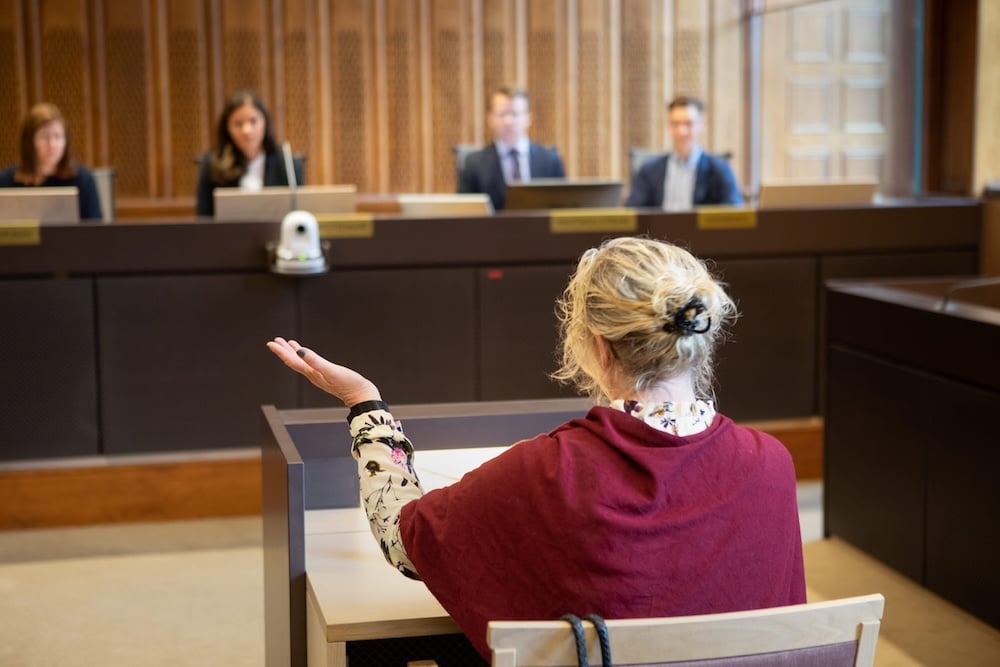Many people move to and visit Sweden from other countries. Sweden is a central destination for people seeking work, wanting to study, or reuniting with family. Many also seek refuge in Sweden from war, persecution, and other serious crises around the world. So how many were granted residence permit in Sweden 2023? In 2023, Sweden granted a total of 102,000 residence permits. This is a significant decrease compared to 2022 when about 40,000 more were granted residence permits.
The biggest differences between 2022 and 2023 can be seen among those who applied for work permits, residence permits due to family ties, and the ones who came to Sweden seeking protection. This includes people who applied for asylum, quota refugees under UNHCR’s resettlement program, and people who were granted protection under the Temporary Protection Directive. Residence permits granted to people seeking work and protection in Sweden decreased significantly. At the same time, residence permits granted due to family ties instead increased:
| Year | 2023 | 2022 |
|---|---|---|
| Family ties | 25 110 | 20 990 |
| Work | 36 514 | 41 396 |
| EU/EEA | 6 731 | 7 883 |
| Protection* | 16 810 | 56 622 |
| Studies | 15 825 | 14 537 |
| Impediment to enforcement | 1 149 | 751 |
| Granted residence permit total | 102 139 | 142 179 |
| Citizenship | 68 168 | 89 967 |
Do you need legal help?
We have several lawyers who can help you in this area. Book an appointment with one of them in the Kliently app, or contact us to hire one of the lawyers. We recommend: Anastasia Martin,
Aja Wadii
Trends and changes among those who received residence permits in Sweden in 2023
Among those who received residence permits in Sweden in 2023 due to seeking protection, many were Ukrainian citizens. Of the total 16,810 who were granted residence permits, about 65% were Ukrainian citizens. Remaining 35% consisted largely of people from countries such as Afghanistan, Syria and Somalia.
The reason for a decrease in residence permits granted in Sweden in 2023 can be linked to various factors. This includes changes in the global migration situation and stricter immigration laws in Sweden. The decrease in residence permits granted to people seeking protection, particularly Ukrainian citizens, can be explained by a gradual stabilization of the situation in some parts of Ukraine. And also changes in how the EU handles the refugee situation.
Granted work permits also decreased in 2023 compared to 2022. Many of those who applied for work permits are citizens of India, China, and Turkey. The decrease can partly be explained by global economic uncertainty, which has affected demand for labor. Additionally, the much higher income requirement for those seeking work permits in Sweden may also have contributed to the decrease.










